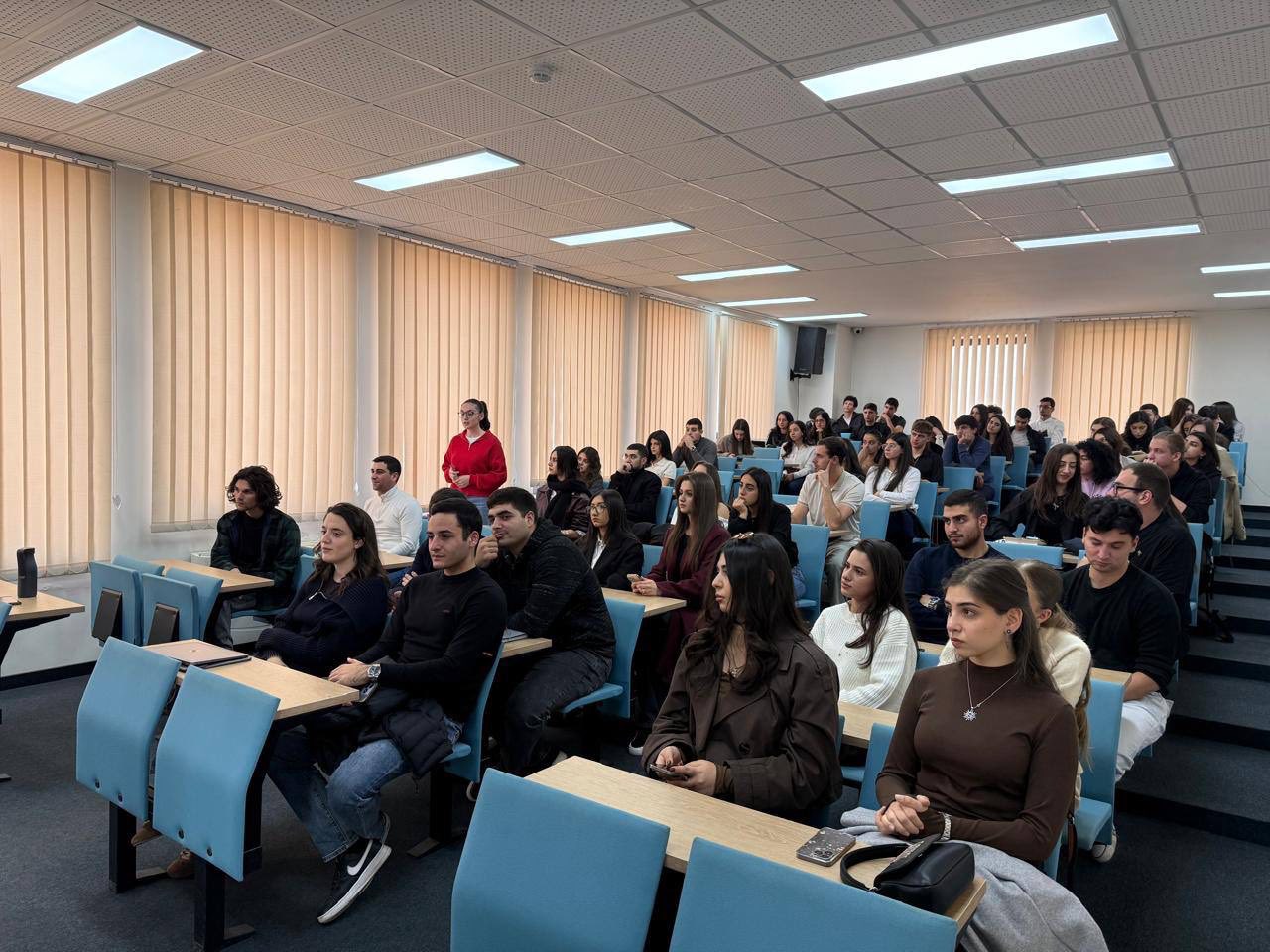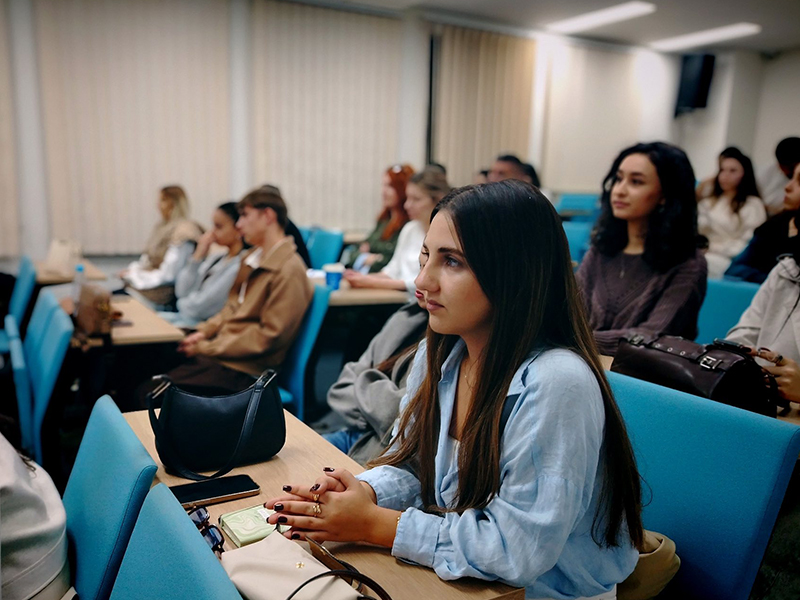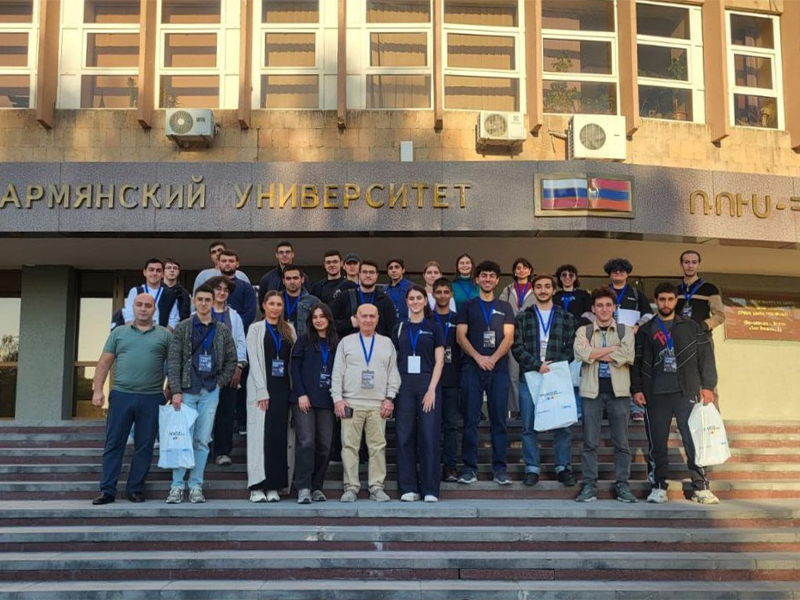
- 07 Feb
- 2022
The work of RAU post-graduate student Ani Antonyan was recognized as the best according to the results of the contest “The best article by a young political scientist”
Ani Antonyan presented a scientific piece called “The use of information technologies in shaping the electoral behavior of citizens”.
According to the results of the international contest “The best article by a young political scientist 2021”, Ani Antonyan, a first-year-post-graduate student of Institute of Law and Politics of Russian-Armenian University, majoring in Political Institutions, Processes and Technologies, was recognized as one of the best in the “New Digital Era” direction.
Ani Antonyan presented a scientific piece called “The use of information technologies in shaping the electoral behavior of citizens” (the supervisor is PhD, Professor Vahe Davtyan).
In her report, Ani considered various approaches to defining the concept of “electoral behavior” for a comprehensive understanding of the issue raised, analyzing specific examples of application of information technology in shaping the electoral behavior of citizens. As the author marks, the development of information society will inevitably lead to the transformation of the democracy institution; in particular, the logic of electoral processes will change.
In her report, Ani considered various approaches to defining the concept of “electoral behavior” for a comprehensive understanding of the issue raised, analyzing specific examples of application of information technology in shaping the electoral behavior of citizens. As the author marks, the development of information society will inevitably lead to the transformation of the democracy institution; in particular, the logic of electoral processes will change.
“According to research results, new trends have led to the emergence of “a new voter” category which made up about 10-15% of total developed democracies electorate. First of all, this group is characterized by instability of political orientations and preferences, despite regular participation in voting. But it is this group that determines the outcome of the electoral process,” Ani Antonyan highlighted.
According to her, the construction of electoral behavior with the help of information technologies (for example, through microtargeting of citizens) contradicts one of the principles of democracy – that of free choice: “International human rights organizations and the political science community reasonably point at technological threats of liberal democracy. I believe that the institution of direct elections will be significantly changed in the foreseeable future.”
It should be noted that the organizers of the competition were the magazine “Russian Political Science” and the Autonomous non-profit Organization “Laboratory of Humanitarian Projects”. Among the main requirements for the works submitted to the competition, the organizers highlighted the uniqueness of articles and scientific approach. The evaluation of articles, received within the framework of the competition, was carried out by an expert commission formed out of members of magazine editorial board and editorship, as well as invited experts. Winners’ articles will be published in the magazine “Russian Political Science”.
Translated by Eugenia Dolunc
(Master's Program in Translation & Interpretation)
(Master's Program in Translation & Interpretation)








